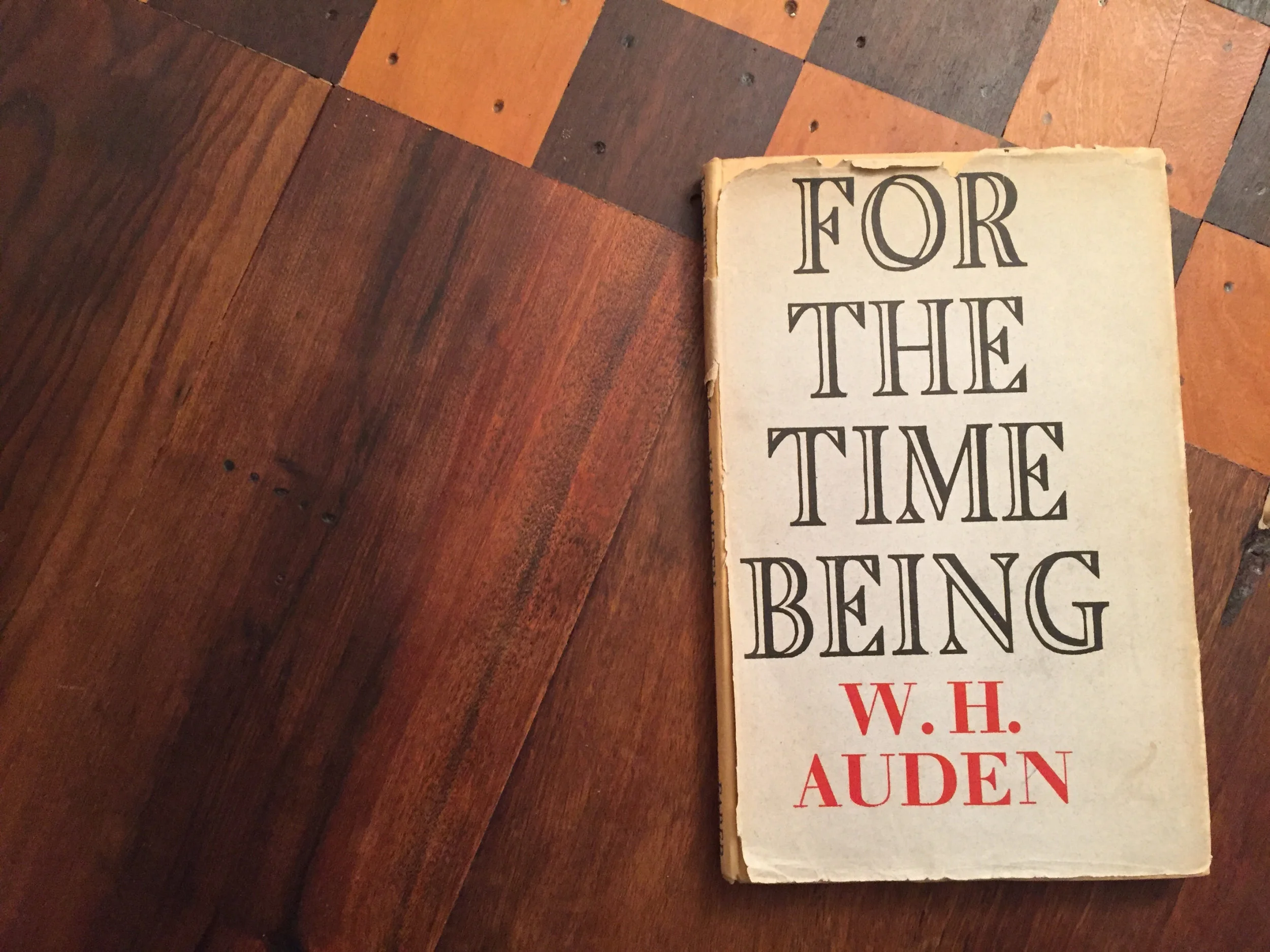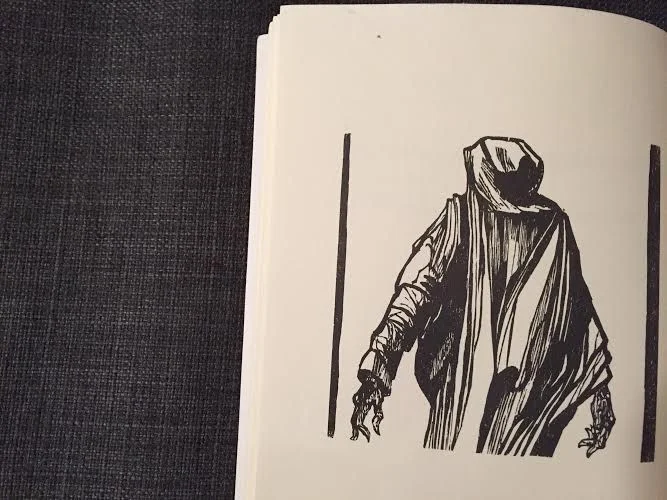The News from Cannery Row: John Steinbeck's "Sweet Thursday"
I had hardly started upon reading a delight of a short novel before I was texting my father,
“Started reading “sweet thursday” by Steinbeck, the sequel of sorts to Cannery Row. Very funny stuff. Definitely light.”
These are two key features my dad loves to hear about a book. Although he’s game for most things I recommend, the best book has a couple smart alecks, a couple dopes, and a plot that forwards itself. Emotional investment is something you talk about after these facts. In a bookstore, we’ll go to separate sections. When we are actually reading, we want the same basics.
Steinbeck lifted the characters of Sweet Thursday out of his very playful book, Cannery Row, which he had written a decade beforehand. Cannery Row is a real place on the Monterey Bay in northern California. It is a couple blocks long and a stink hole. It has a bar, a well-respected brothel, a grocery store, and a restaurant that doubles as a boarding house for the local band of losers, Mack and his buddies. There is also Western Biological, a laboratory where a man known as Doc leads a Spartan life as a marine scientist and tries to recover his old self from before World War II.
The cannery is an idealized country. Filled with Steinbeck's humor and memories of life in the Salinas Valley, it has the cartoonish appeal and joy-of-life that certain people may laugh with when they listen to Garrison Keillor’s The News from Lake Woebegone. Everyone is extraordinary, and even the simplest are above average. In the town, Mack and his boys avoid paying rent and drink a whiskey they call "Old Tennis Shoes." The brothel's madame reads their horoscopes and lovingly tells one that he is destined to be president. This is met with a whole subplot of anxiety because a requisite of the president is that he eat oysters in Washington. And the kid hates oysters.
The book is Steinbeck’s funniest. Unlike his social novel The Grapes of Wrath, or his moral East of Eden, he delivers the news from cannery row as an apologia of goofiness. A prostitute named Suzy has never driven a car before, but she promised to drive Doc from Monterey all through the night to La Jolla so that he can collect octopus samples. We find her in the local flop house with a barrel wheel in one hand and a mop handle in the other as the local trouble makers encourage her to push down on the clutch (a brick by her feet) as she shifts gears with the mop.
Suzy and Doc have also done very little but argue viciously and cruelly for most of the novel. We find ourselves in a place of such sentimental idealization that the wild turns and resolved contradictions become part of the humor. But the humor is not a joke.
For all the comedy, the novel diagnoses discontent, national fears, self-pity, and the creative process. Doc is back from WWII and can't quite return to his life. His business at the laboratory is certainly failing after his neglect during the war. Friends have left cannery row, or died. He wishes people left him alone with his research, but when he collects marine samples everything is blurred, rather unscientifically, with human values. He sharpens his pencils and writes nothing.
Given that this book was pretty quickly written and published two years after his magnum opus, East of Eden, some of Doc's discontent has the unsubtle -- although appealing and at times amusing -- glare of the autobiographical.
Steinbeck writes that the discontent of life is capitalistic, but unlike capital it has little to do with "vanity or ambition." Rather, as he writes,"Men seem to be born with a debt they can never pay no matter how hard they try. It piles up ahead of them. Man owes something to man. If he ignores the debt it poisons him, and if he tries to make payments the debt only increases, and the quality of his gift is the measure of a man."
As a Minnesotan who has found his way out to California I find it easy enough to espouse Garrison Keillor's radio program and Steinbeck's short novels. A professor once chided me for loving Prairie Home Companion because it was built out of unreality. I told him I had eaten lunches in homes not so dissimilar from Keillor's imagination, and that if he gave it a try he may actually enjoy it.
But I see where he was held up, and in reading Cannery Row the resolutions are created for a laugh. Still, when reading Steinbeck’s resolutions there is a goodwill that many of us sit up thinking about. There is some universe tapped into of human nature and a deliberate good will and unforeseen good fortune.
Reading fiction with fable qualities can be complicated for the realist. If you mug up on serious emotion, work like Steinbeck’s can feel dissociated. In the first quarter of the book there is a chapter titled "There's a Hole in Reality Through Which We Can Look if We Wish." It's a funny, ontological title for a fictional landscape where after Lousy Wednesday, there is always a Sweet Thursday.
Everything in Sweet Thursday is about sympathy as simplicity, a careful sentiment. Every argument I've ever been in, even the most vicious, can be sucked out like snake venom and spit aside. Looking through that hole in reality, locating this same good will in ourselves, this is the struggle of our lives. Every once and a while we overcome regrets, and we relish something beneath reality that is very sweet.






